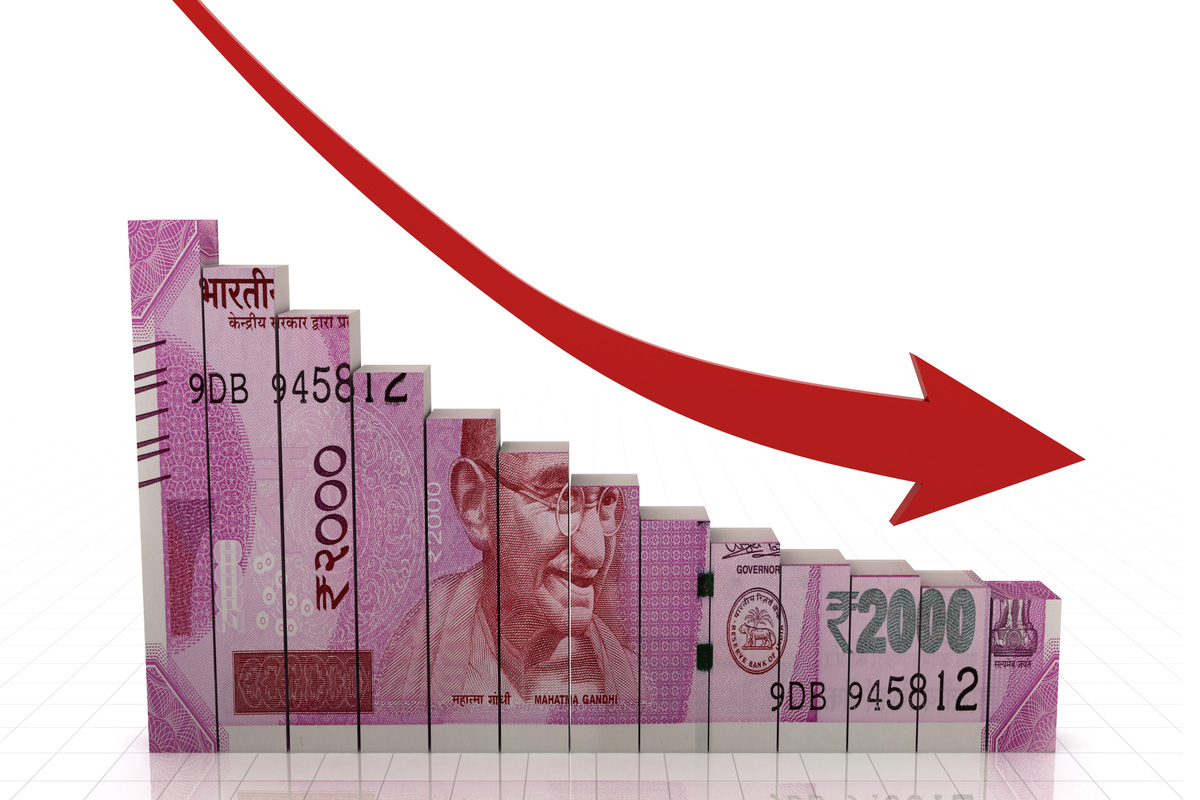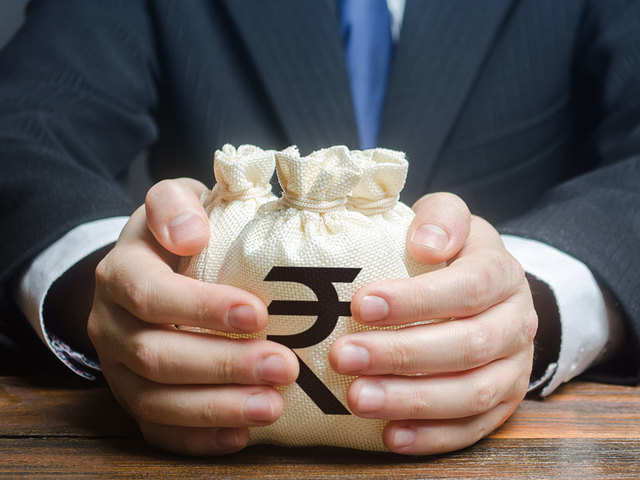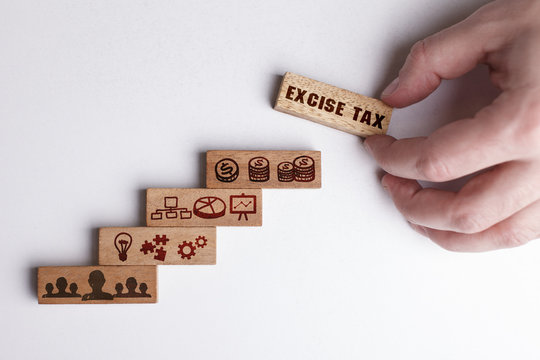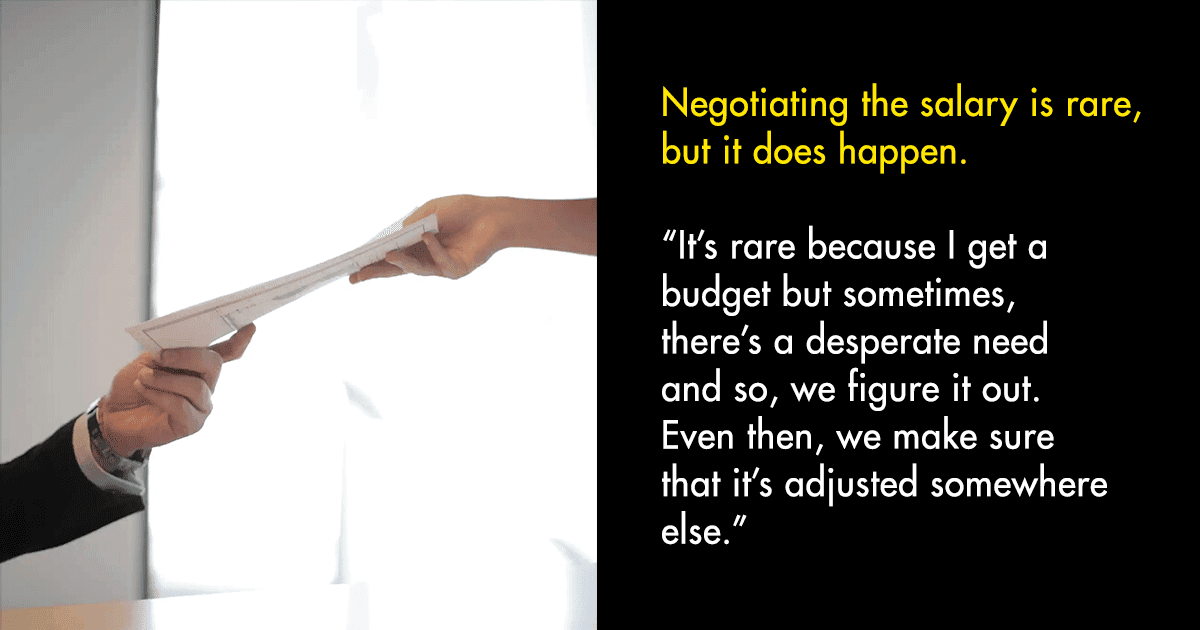Given that news channels have gotten too dramatic, a lot of us follow social media to stay current. And by now, we all know how people feel about the Union Budget for 2023. So, let’s not go ‘there’. Instead, let’s talk about the other elephant in the room – our lack of knowledge about most Budget and financial terms.
I know, I avoid discussions around it, because of my incomplete knowledge of most terms. Of course, I mostly blame our education system. But I’d really like to talk about the Budget at the next family dinner with that one weirdly competitive uncle. So I tried getting to know about some of it, and it does help!
If you get me, you’d get these terms too.
1. Union Budget
The most comprehensive report on the government’s finances is the Union Budget, which consolidates revenues from all sources and expenditures for all activities. Budgeted estimates, which are estimates of the Government’s accounts for the upcoming fiscal year, are also included in the budget. It almost decides how broke you will be at the end of each month.
2. Fiscal Deficit
It is the total amount of borrowed money that the government needs to cover all of its expenses. Additional borrowing from the Reserve Bank of India, the issuance of Government securities, and other methods are used to close the gap. Oh, and it is one of the main causes of inflation – just something you can actually blame.

3. Finance Bill
This bill presents the government’s proposals to Parliament regarding the levy of new taxes, modifications to the existing tax structure, or continuation of the existing tax structure. Direct and indirect tax amendments are proposed in the bill. Now, you can go back to the memes you saw on Twitter, and whine about taxes.
4. Consolidated Fund
The government spends all of its money from the consolidated fund, and no amount can be taken out of the fund without permission from Parliament. It includes all loans granted, all government revenues, and loan recoveries. This is almost like mom’s purse, she’s like a human calculator when it comes to who took what and how much from the monthly budget.

5. Contingency Fund
When the Government is unable to wait for Parliament’s approval, this fund is used to meet unexpected expenses. The expenditure is then approved by Parliament by the government. Later, the funds that were used from the contingency fund are returned to the fund. Like that one friend who helps you when you’re broke, but also breaks you if you do not give them the money back.

6. Customs Duty
The export and import of goods into or out of the country are subject to Customs Duty. Additionally, it is an indirect tax that is passed on to the end user of the product. This is for when you ask your ‘rishtedaar‘ to get you something nice from their trip abroad.

7. Excise Duty
Excise duty is the opposite of Custom duty. Products made in the country are subject to excise duty. Excise duty is a tax imposed on goods for their production, licensing, and sale following the implementation of GST, an indirect tax paid by goods producers to the Indian government. Explains all the memes, doesn’t it?

8. Minimum Alternate Tax
Under the Income Tax Act, businesses can reduce their tax obligations, but some use questionable methods to avoid paying taxes. Despite making sizable profits, some “zero-tax paying companies” show no taxable income. The purpose of the tax provision in MAT was to impose income tax on these businesses and require them to pay a minimal amount to the government.

9. Monetary Policy
The Reserve Bank of India, the nation’s central bank, has established this as the country’s macroeconomic policy. It involves controlling the amount of money available and the interest rate. A country’s government can use the policy to achieve macroeconomic goals like inflation, consumption, growth, and liquidity.

10. Halwa Ceremony
The Halwa Ceremony is a customary pre-budget event that officially signals the printing of various Budget-related documents and concludes the lengthy, months-long Budget-making process. This suddenly piqued your interest, didn’t it?

Not everyone took commerce in school, and it’s okay if you didn’t know the meaning of most terms. Blame the education system.
Also Read: Sanskrit Slokas with Meaning in English


















